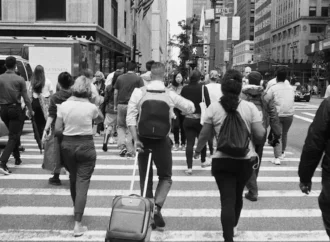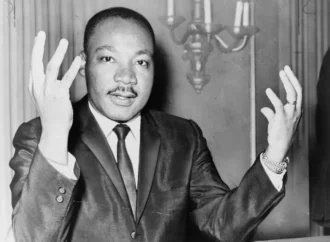Yesterday, the internet was filled with praise for the story of a woman who bought a cake (pictured above) decorated by an employee with autism. NBC News reports:
“Lisa Sarber Aldrich of Grand Rapids wrote on Facebook that she went to a Meijer grocery store to pick out a cake when she asked a ‘bakery-looking employee’ to write a message for her.
The employee took a while to return, and once she did, Aldrich realized it wasn’t the ‘happy birthday’ decoration she expected. ‘I looked her in the eye and said thank you before I even looked at the cake. After looking, I nervously laughed and headed to check out — it didn’t really matter to me that it looked so bad — I thought people would think it was funny,’ Aldrich said on Facebook.
Cashiers and managers came over to look at the cake when Aldrich went to pay. A cashier told her the employee has autism. ‘Thank you for smiling and thanking her — even though she’s not supposed to write on cakes, you probably made her day,’ Aldrich wrote.”
Stories like this trend daily on social media. The internet is littered with websites exclusively dedicated to sharing heartwarming human moments just like this one. They are a quick, feel good read in a world that can seem all too dark. That’s a good thing, right? Or at least harmless?
On the one hand, it’s nice to recognize people who go above and beyond. There are people out there who have done extraordinary, monumental, mind-blowing things for the good of others. The internet has allowed us to connect with those stories in an intimate way when we would never have heard of those people otherwise.
Just look at Humans of New York this past summer sharing the story of Fatima. They raised over $1,000,000 in 12 hours to help her in her quest to end bonded labor in Pakistan. Fatima’s a person we would likely have never known existed without her story trending on Facebook.
But as heroic stories like Fatima’s have gained momentum, there’s also been a push to promote everyday acts of decency… like a woman buying an imperfect cake from a grocery store.
Perhaps sharing those simple acts encourages other people to do the same, to do the right thing when they are faced with a similar situation. But does this frequent sharing also help create a society of people that NEED to be recognized for every little thing they do? Does that discourage people from doing the right thing if there won’t be any attention for it?
What happened to the age-old adage of doing good in secret, where the good act is the reward in itself?
Image: Lisa Sarber Aldrich/Facebook
















Leave a Comment
Your email address will not be published. Required fields are marked with *